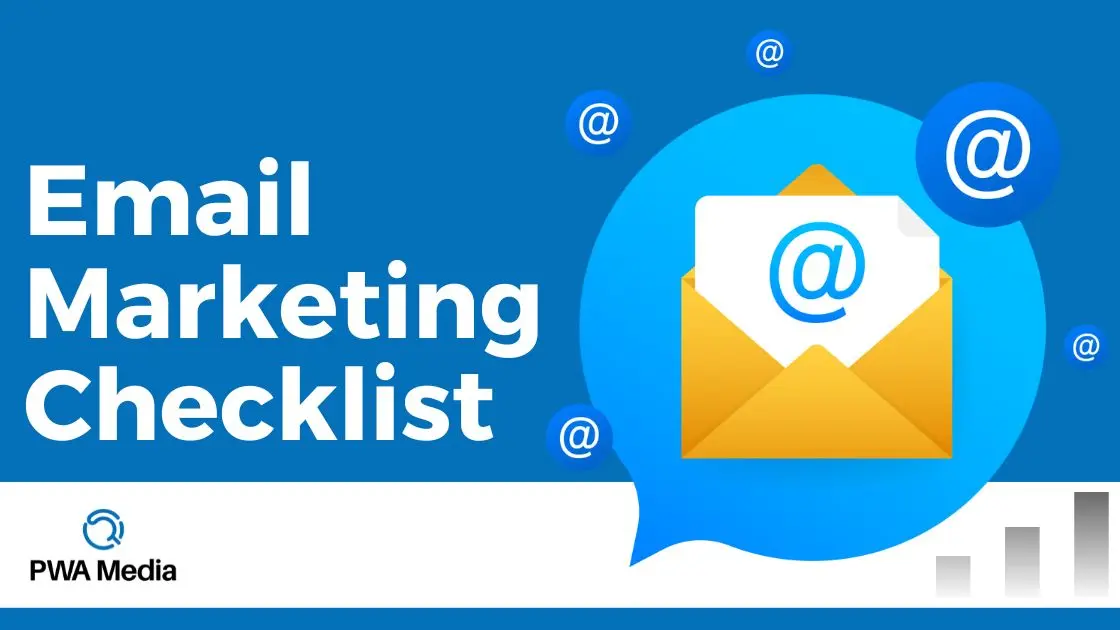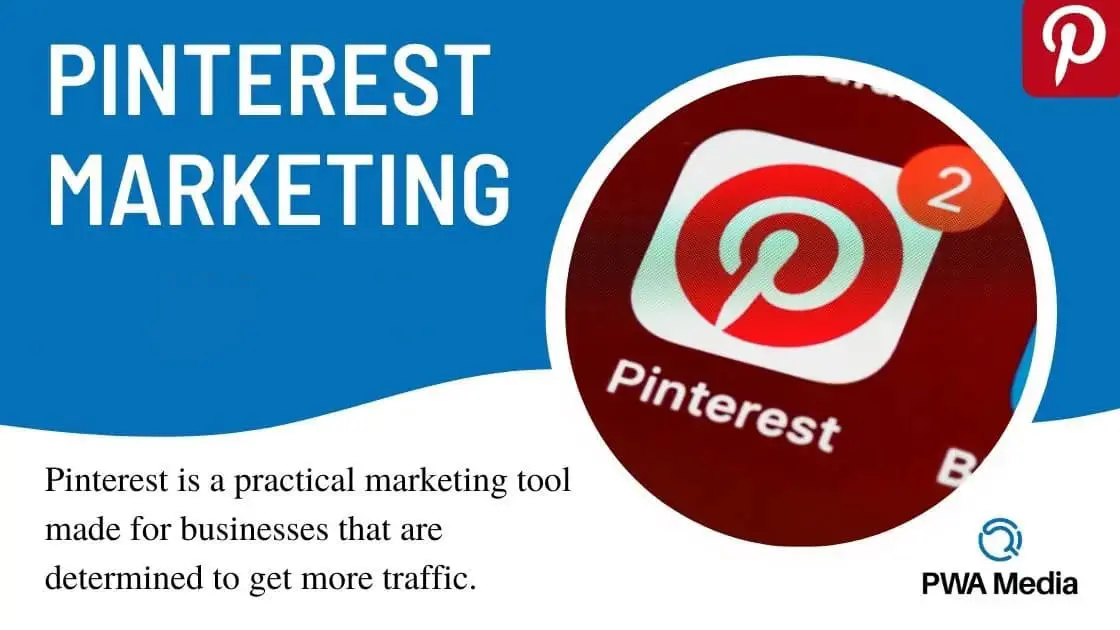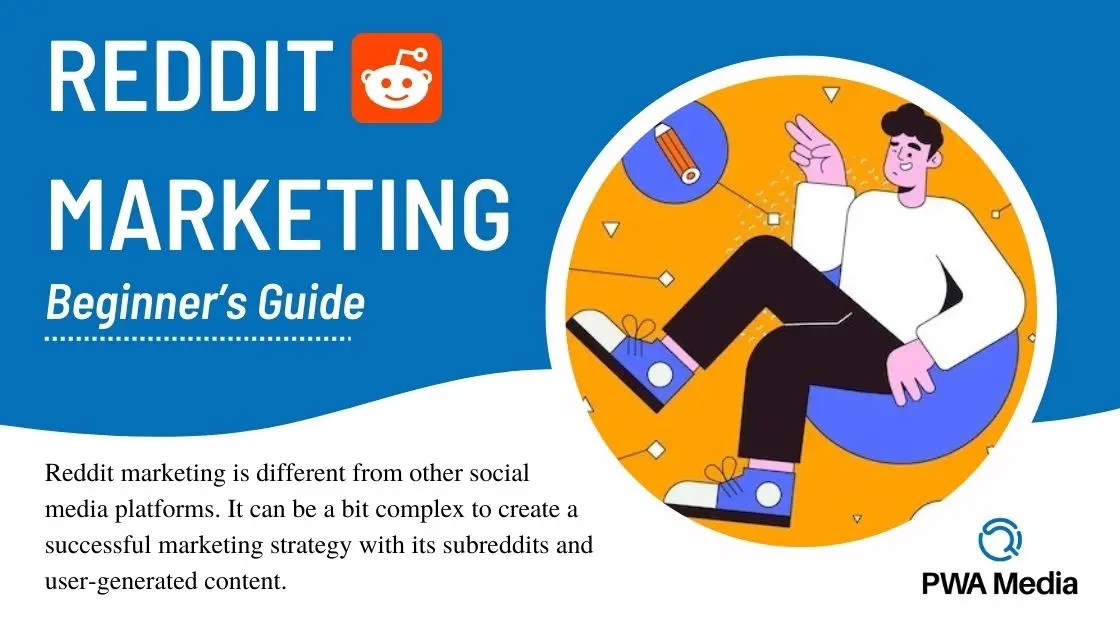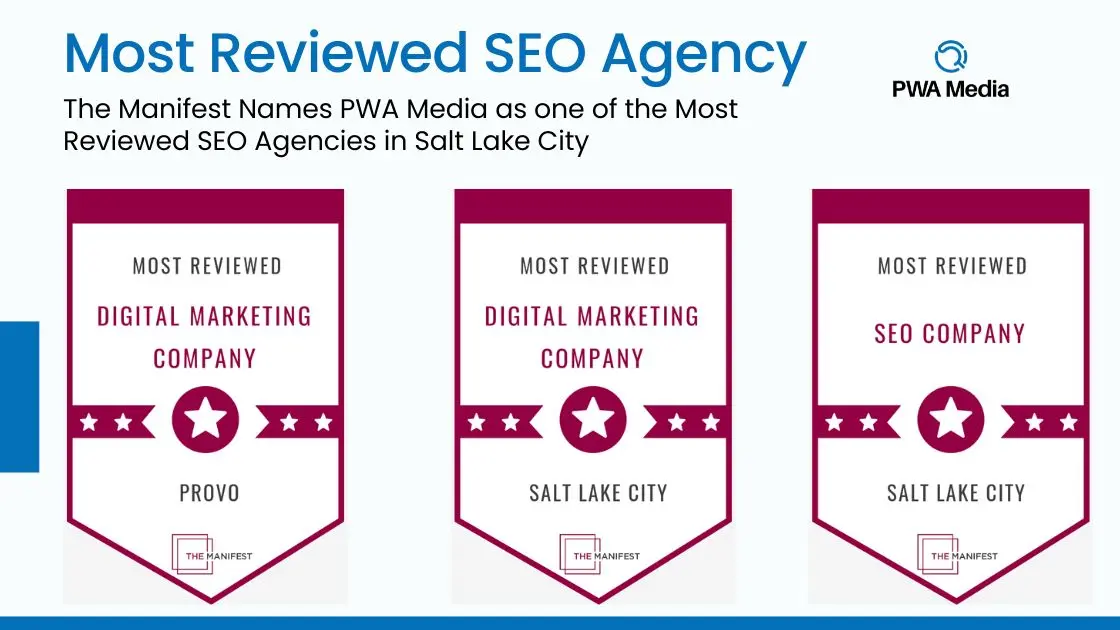Businesses are now paying more attention to Search Engine Optimization (SEO) than ever before as a result of search engines becoming a necessary component of our everyday lives. Through organic search engine results, SEO is a digital marketing strategy that aims to increase the number and quality of website traffic. Conducting keyword research is one of the essential elements of any effective SEO plan. We will discuss how to conduct keyword research in this article, why it is important for your SEO strategy, and how to optimize your website.
What is Keyword Research ?
Finding common phrases and keywords that people frequently use to search on search engines like Google, Bing, or Yahoo is known as keyword research. These are known as keywords, and they are essential for search engines to understand the subject topic of your website. Therefore, you need to understand your audience and their search behavior through how to conduct keyword research to optimize your website for search engines and increase traffic and possible revenue.
Why is Keyword Research Important for Your SEO Strategy?

Any SEO approach must incorporate keyword research. By understanding the keywords people use to search for products and services, you can produce content more likely to appear in search engine results pages. (SERPs). More visitors to your website might result in more conversions and income if you rank higher in SERPs.
The following are a few main reasons why conducting keyword research is vital to your SEO plan.
1. Helps You Understand Your Audience
You should know how to conduct keyword research to find the words and phrases your target market uses to look up information about your business. Understanding what your audience is looking for can help you provide content that satisfies their wants and solves their problems. As a result, you will be able to attract and keep an engaged audience, which may ultimately increase conversions and income.
2. Helps You Optimize Your Website
You may optimize your website to appear higher on search engine results pages by learning what words and phrases your target audience uses. This entails optimizing the text on your website, the meta descriptions, and other on-page components for the search terms used by your intended audience. By doing this, you can increase the traffic and visibility of your website on search engines.
3. Helps You Stay Ahead of the Competition
You can find gaps in your competitors’ SEO methods using the techniques of how to conduct keyword research. You can find possibilities to develop content that targets keywords that your competitors are not optimizing for by researching your competitors’ keywords and search engine rankings. By doing this, you may obtain a competitive advantage and boost website traffic.
Fundamental of keyword research for SEO strategy
Here the fundamentals of keyword research for SEO strategy that evry business owners need to consider for a strong SEO plan.
Relevance
Relevance is a fundamental factor of SEO strategy. It shows how the content of your website is relevant to the search intent and keywords that customers use to search for your services. For example, If someone is searching for your cleaning services, they expect to find content relevant to their search query, such as a list of services you provide or how you do your services.
If the content on your website is irrelevant to users’ search, it will not appear in their search results. Search engines like Google use complex algorithms to determine relevance; it considers the factors such as the structure and quality of your content, the use of keywords and meta tags, and the overall user experience of your website. So whenever you are creating content for your website, always keep in mind to keep it relevant so your potential customers can easily find you.
Authority of your Website
Your website’s authority is fundamental to the keyword research strategy because it refers to the level of trust and credibility your website has in the eyes of search engines. Google search engines consider websites with authority, so it is important to have a certain authority level to rank well for competitive keywords because if your website is not authoritative, it will not rank high.
You can build your website’s authority by creating engaging, high-quality content that meets the interest of your target audience. Ensure that your content is researched and full of information that users can find helpful. Additionally, you should focus on building relationships with other websites in your industry and earning backlinks to your site from reputable sources.
Search Volume of keywords
Volume is an important factor to consider before doing your keyword research because it refers to the number of times people have searched for the keyword in a particular period. Keywords with high volume have high traffic, which can be attractive for website owners to consider the High volume keywords. However, these keywords are also very competitive, as many already use them.
However, choosing the keywords with low volume to rank them easily can also result in failure because if your audience is not searching for you with these keywords, you will not get any traffic on your site. That is why it is very important to balance the competition and volume of keywords while targeting the right audience.
How to Conduct Keyword Research for Your SEO Strategy?
Now that you know why and how to conduct keyword research is crucial for your SEO strategy, let us go into more detail about how to do it. The steps are as follows.
1. Identify Your Primary Keywords
Finding your main keywords is the first step in how to conduct keyword research. These keywords apply most to your company, goods, or services. Create a list of potential keywords that you believe your target market would use to search for information about your company to get started.
The search volume and level of competition for each keyword can then be determined using a keyword research tool like Google Keyword Planner, Ahrefs, or SEMrush. You can use this to determine which keywords are valuable to target and which ones are not.
2. Expand Your List of Keywords
It is time to expand your list of keywords. Use a keyword research tool to find words and phrases associated with your business that your target market may look for. This will assist you in creating a complete list of keywords you may use in your SEO strategy.
3. Analyze Keyword Competition
The term “keyword competition” describes how challenging it is to appear for a specific keyword in search engine results. It is crucial to analyze keyword competition to determine which keywords are worth targeting and which are too hard to rank for.
Use a keyword research tool to determine each keyword’s difficulty score to analyze keyword competition. The score is determined by various elements, including the quantity of keyword-targeted websites and the quality of their content. Aim for low to medium-difficulty keywords because they are more likely to be successful.
4. Analyze Search Intent
The purpose behind a given search query is referred to as search intent. To produce content that appeals to the demands of your target audience, you first need to understand search intent.
Four different forms of search intent exist.
- Information: The user is looking for information.
- Navigation: The user is trying to find a particular website.
- Commercial: The user is searching to acquire a good or service.
- Transactional: The user feels ready to buy something.
You can choose which keywords to target with informational content, which to target with commercial content, and which to target with transactional content by analyzing search intent.
5. Prioritize and Organize Your Keyword List
Prioritize and arrange your keyword list after researching keyword competition and search intent. The most valuable keywords to target are those with a high search volume and minimal competition.
By dividing your keyword list into sections depending on search intent, you may organize it. This will improve your chances of ranking on search engine results pages by helping you develop focused content that responds to the needs of your target audience.
Types of Keywords research to make a strong SEO strategy
Here are the types of keyword that will help businesses to conduct the keyword research for their SEO strategy. Different businesses have different requirements and intent for keywords so go through these types and optimize your website witht the right keyword research and drive organic traffic.
Informational keywords
Users use informational keywords when searching for a particular product or service information. In addition, they usually use informational keywords whenever someone wants to gain information, learn about any subject, or find answers to specific topic keywords.
Optimizing your website for informational keywords is important because it can attract more traffic. Examples of informational keywords are “how to,” “what is,” “best practices,” “tips for,” and “guide to.” when people use these keywords, it indicates the intent that they are looking for information to educate them on a particular topic.
For example, if someone wants to learn how to bake a cake, they might search for “how to bake a cake” as an informational keyword. Alternatively, if someone is interested in learning about the benefits of the gym, they might search for “tips for workout” or “benefits of the gym” as their informational keywords.
You can create a strong keyword research strategy by understanding how people use informational keywords. Then, content creators can optimize their websites and article so they can appear in search results when someone searches for these specific informational keywords. This way, websites can attract more visitors looking for information on particular topics and provide valuable insights to help them meet their information needs.
Navigational keywords
Navigational keywords show the intent of users searching a specific website or page. These keywords usually include the brand’s name, website, or company to search for its products and services.
For example, if you want to buy something online, you would use the navigational keyword “Amazon” in your search query because you know that Amazon is a hub of online shopping. Similarly, if you want to find the homepage of a specific company, you will use its brand name as your navigational keyword.
Navigational keywords have significance for website owners since they reflect the searcher’s high level of intent. When someone searches for your website using a navigational term, they are already familiar with your company’s name or have a particular point of interest. This means there are high chances of them becoming your customers.
Commercial keywords
Users actively use commercial keywords for searching products or services to buy them. These keywords play a vital role for businesses because they indicate users who are ready to buy and looking for something specific.
Using commercial keywords in their marketing strategies, you can create persuasive content to convince users to become your potential customers and products or services from your store rather than your competitors.
For example, if the customer is searching for smartphones with the intention of buying them, they will use keywords like”best smartphone deals” or “buy smartphones online.” Alternatively, someone looking for a new pair of running shoes might search for “discount running shoes” or “running shoes on sale.”
These commercial keywords can be used by companies in their marketing and advertising campaigns to create convincing content that appeals to potential customers. By emphasizing their discounts, deals, and promotions, businesses can encourage people to choose their products or services over those of their competitors.
Transactional keywords
Transactional keywords are phrases that are used with the intent to indicate to perform a certain action or transaction. These keywords are used for queries, online transactions, and where the user wants to buy something.
Examples of transactional keywords include “buy,” “order,” “Subscribe,” “download,” and “register.” if a user types any of these keywords, it indicates that he has the intention to take a specific action and are looking for a website or platform to help them do so.
Transactional keywords hold importance for businesses and marketers because they can help them optimize their website or online content to meet the interests of their targeted audience. By including these keywords in your content and optimizing a website for transactional queries, businesses can improve their chances of attracting high-quality leads and converting them into customers.
Seed keywords
Seed keywords are the fundamental building block of keyword research. You start with these essential phrases while looking for the right keywords for your website or content. Seed keywords can be a single word or a brief phrase to help you find relevant topics and target the audience.
Seed keywords assist you in narrowing your search and focusing on the most relevant phrases and keywords your target audience is looking for. However, starting with strong seed keywords is important when optimizing your website for SEO or executing a PPC campaign.
For example, if you are writing a blog about “healthy eating,” your seed keywords could include “nutrition,” “diet,” “food,” “health,” and “wellness.” These words will help you generate more specific and relevant content keywords to attract organic traffic to your website.
Long-tail keywords
Long-tail keywords have become a common and effective keyword research strategy for people looking for something specific or having a particular intent. These keywords are longer and more specific than generic keywords and can help businesses reach their target audience more effectively.
Businesses can use long-tail keywords in their marketing strategy to create content that addresses the specific needs of their target audience. Businesses can create persuasive and relevant content that meets their information needs by understanding what people are searching for and how they are phrasing their queries.
Business owners can optimize their websites by using the log tail keywords to create content that targets the specific needs of their audience. For example, someone using the Google search engine to find the shoes can use the long tail keywords like “women’s running shoes under $50” instead of just searching for “shoes .”These keywords include more information and specific details in their search query, so they can find what they need.
Low-competition keywords
Low-competition keywords are those people do not frequently search for but are still relevant to your content. These keywords act as a secret weapon because they often convert better and allow you to rank better in search engine results pages (SERPs) without competing with big names.
Keywords with low competition are also excellent for targeting particular industries or demographics. For example, if you sell a product or service to a specific demographic, using low-competition keywords can help you reach them more successfully. For example, If you have a skincare product exclusively for those with sensitive skin, using low-competition keywords like “hypoallergenic skincare products” will help you attract the correct customers and drive more traffic to your website.
Niche keywords
Dominate the industry and stand out in the competition with niche keywords that are highly keywords relevant to your niche or industry. With Niche keywords, websites can get the advantage of establishing their website authority and credibility.
If you have a business selling custom-made pet accessories, using general keywords like “pet accessories,” you will face so much competition, making it difficult to stand out. This is where niche keywords can come in handy, and you can target keywords like “handmade dog collars” or “custom cat beds” rather than targeting general keywords. And have a much better chance of attracting customers interested in your products.
Branded and unbranded keywords
Branded and unbranded are two keyword strategies used for targeting your audience, and both are important for building a strong online presence. These two keywords can increase your visibility, attract more traffic, and improve your overall marketing efforts.
Branded keywords that include your brand name in the keyword. For example, if your brand is called “ABC clothes,” a branded keyword might be “ABC Shoes review” or “buy ABC Shoes online.” Optimizing your website for branded keywords can help you attract organic traffic who are familiar with your brand and actively searching for your products or services.
Unbranded keywords are general keywords related to the industry you are working in, and it does not contain any brand in your keyword. For example, if you are a cafe owner, an unbranded keyword might be “best coffee in town” or “coffee cafe .” Using unbranded keywords can attract new visitors who may not be familiar with your brand yet but are interested in your products or services.
However, by combining branded and unbranded keywords, store owners can create a strong SEO strategy that can help them target the existing audience and the people looking for you. This can help drive more traffic and sales to your website.
Bonus Tip: Keep Your Keyword Research Up-to-Date
Maintaining and updating keyword research frequently is necessary because it is an ongoing activity. In addition, keeping your keyword research updated is crucial because search trends, user behavior, and potential new competitors change frequently.
You can follow the following steps to stay updated with your keyword research.
- To evaluate your performance and identify opportunities for improvement, regularly check your website’s analytics.
- To change your strategy, keep updated on market trends and modifications to search algorithms.
- Do regular competitor analyses to keep up with the competition and find new competitors.
- Utilize social listening tools to monitor discussions and developments in your field and modify your strategy as necessary.
- You can ensure that your SEO strategy remains successful and competitive over time by keeping your keyword research up to date.
Keep up with the always-evolving world of search engine optimization by prioritizing regular updates and changes rather than allowing your keyword research to grow old and ineffective.
Conclusion
Any good SEO plan must include a key component of how to conduct keyword research. You may increase the visibility of your website on search engine results pages and increase traffic to your website by understanding the search behaviors of your target audience and optimizing your website for appropriate keywords. Use the methods described in this article to conduct efficient Google keyword research and develop a thorough SEO strategy that satisfies the requirements of both your target market and your company’s goals.
Frequently Asked Questions
Q: What is the best keyword research tool?
A: The most popular keyword research tools are Google Keyword Planner, Ahrefs, SEMrush, and Moz Keyword Explorer. However, there are many others. Selecting a tool that meets your unique goals and budget is crucial because every tool has different features and advantages.
Q: How often should I conduct keyword research?
A: Given the dynamic evolution of user behavior and search patterns, keyword research should be an ongoing effort. Therefore, conducting keyword research at least once every three months is advised to ensure your SEO strategy is updated and targeted for your target market.
Q: Can I conduct keyword research for free?
A: Yes, many keyword research tools free are accessible, including Google Trends and Keyword Planner. However, premium keyword research tools frequently offer more detailed information and insights, so investing is worthwhile if you can afford it.
Q: Should I target long-tail keywords or short-tail keywords?
Your target market and business objectives will determine this. Long-tail keywords are sometimes simpler to rank for because they are more precise and have less competition. Short-tail keywords, on the other hand, have a higher search volume and can drive more visitors to your website. Therefore, targeting a combination of long-tail and short-tail keywords is advised to maximize your SEO approach.
Q: How do I know if my keyword research is successful?
A: Your website traffic and search engine rankings will show your keyword research’s effectiveness. Your keyword research was probably successful if you appear higher on search engine results pages and get more visitors to your website. It is crucial to regularly review the website analytics to keep track of your progress and make any necessary changes to your SEO approach.






















